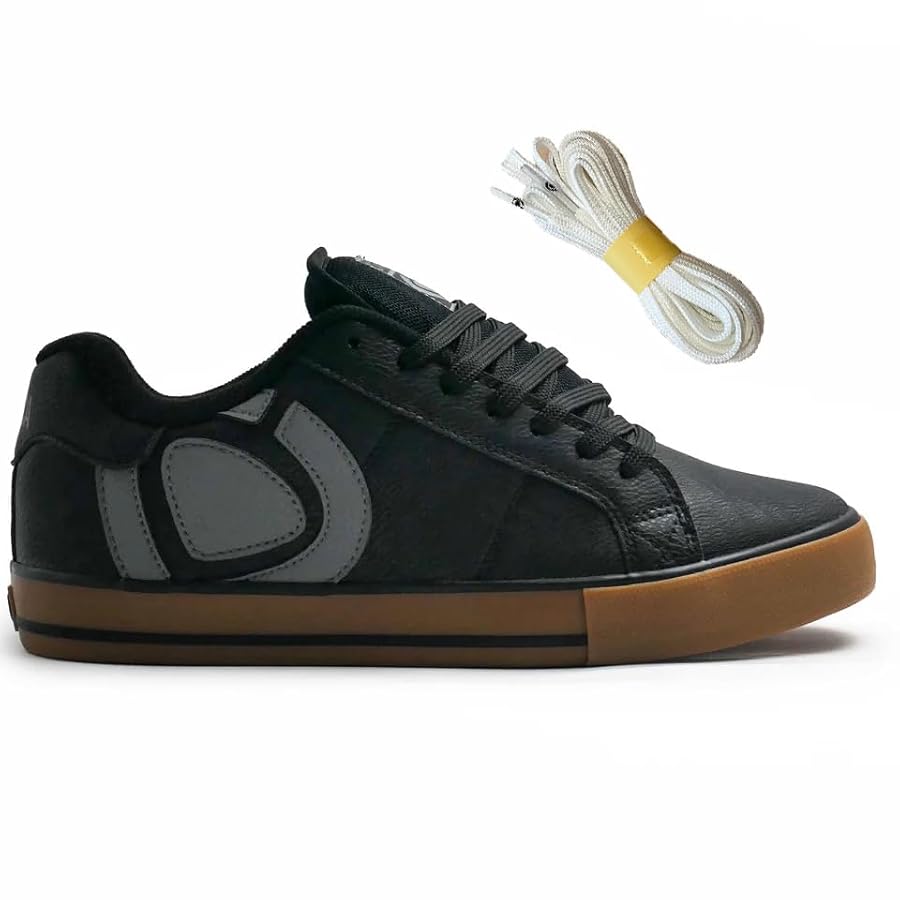
Introduction
In recent years, the fashion industry has witnessed a significant shift towards sustainability, with a growing awareness around the environmental impact of clothing and accessories. Among these, shoes have become a focal point of concern due to resource-intensive production processes and waste generation. The rise of sustainable shoes not only reflects a change in consumer values but also sets a precedent for future fashion trends.
The Current State of Sustainable Shoes
As of 2023, several brands have started to embrace eco-friendly practices in shoe manufacturing. Companies like Allbirds, Veja, and Rothy’s have pioneered the movement by utilising recycled materials, reducing carbon footprints, and ensuring ethical labor practices. The global sustainable footwear market is projected to grow significantly, with estimates suggesting it could reach over $160 billion by 2025, driven by consumer demand for environmentally conscious options.
Innovative Materials and Technologies
Innovations in material usage have been at the forefront of the sustainable shoe trend. Brands are increasingly turning to organic cotton, recycled plastics, and bio-based materials to produce their footwear. For instance, Rothy’s uses recycled water bottles to create stylish and durable shoes, while Allbirds is known for its use of merino wool and sugarcane-based EVA foam, which offers a lower environmental impact compared to traditional materials.
Consumer Behavior and Trends
A recent survey conducted by Deloitte revealed that over 60% of consumers consider sustainability when purchasing footwear, indicating a noticeable shift in shopping behaviours. This growing demographic of eco-conscious consumers is willing to invest more in sustainable shoes, seeing them as not only a fashion statement but also a contribution to a larger cause.
Conclusion
The rise of sustainable shoes represents a critical movement in the footwear market, aligning consumer demands with ethical practices and environmental responsibility. As brands continue to innovate and offer sustainable options, it is crucial for consumers to support these initiatives. In doing so, they play a vital role in helping to reduce the fashion industry’s carbon footprint. The future of footwear looks promising for those advocating sustainability, marking a significant transformation in how we approach fashion in our daily lives.
You may also like

Exploring the Iconic Guess Fashion Brand

Understanding the Significance of Cut in Fashion Design

The Eden Project: A Sustainable Hub for Biodiversity
SEARCH
LAST NEWS
- Remembering Wendy Richard: The Promise to Co-Star Natalie Cassidy
- How Did Anglian Water Achieve an ‘Essentials’ Rating for Mental Health Accessibility?
- Shai Hope Leads West Indies in T20 World Cup Clash Against South Africa
- What We Know About Weston McKennie: Future at Juventus and Past at Leeds
- What We Know About the Upcoming Live Nation Antitrust Trial